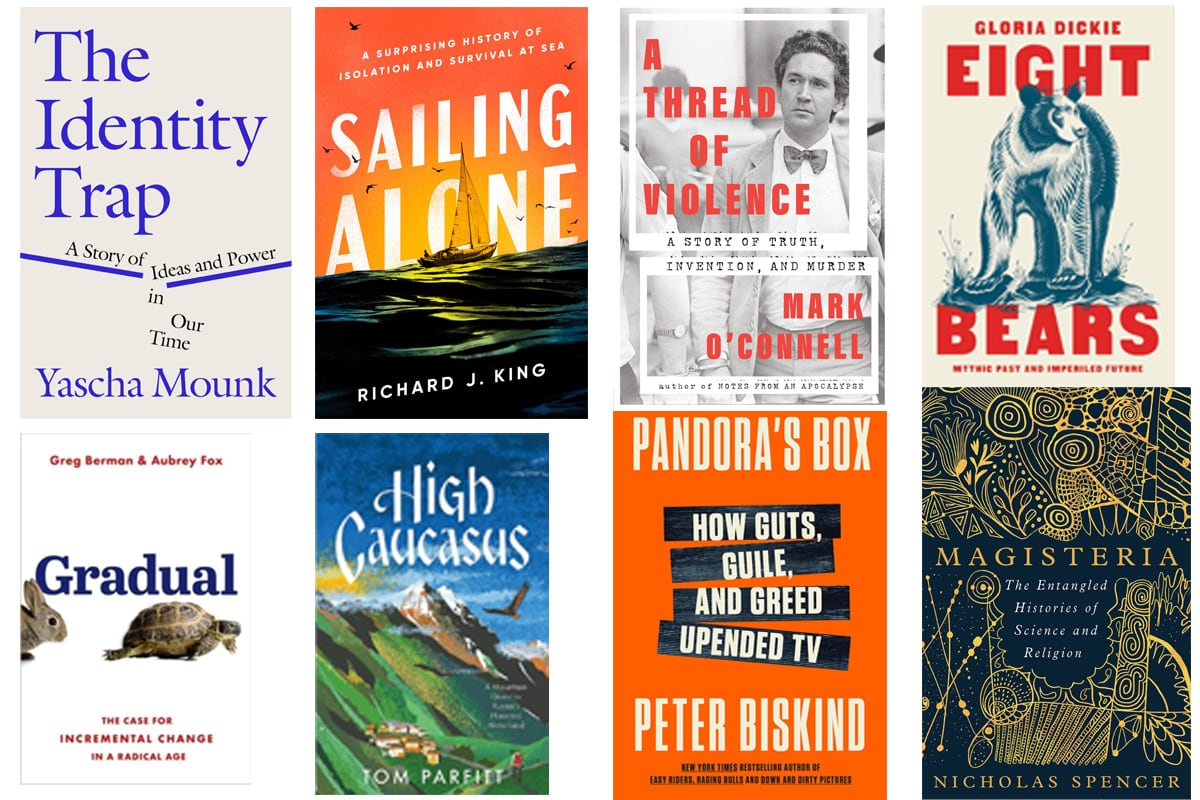Wonder, fear and friction characterise the relationship between bears and people. The author, a journalist for Reuters, travels the world in search of eight surviving species of bruin, including grizzlies and pandas, bringing readers on a riveting and unique sort of bear hunt.
A passionate argument for incrementalism, the idea that humanity has grown more prosperous by making a long series of only modest improvements. Revolutionaries promise paradise but tend to bring about bloodshed, breadlines and book bans. Gradualism works.
This gripping travelogue recounts the author’s hike across the Caucasus mountains from Russia’s Black Sea coast to the Caspian. A meditation on the role of memory in a fascinating place with a tumultuous, tragic past, it is liable to instil an unexpected urge to visit Dagestan.
A well-argued treatise about wokeness and cancel culture from a political scientist at Johns Hopkins University. The left’s swerve towards authoritarianism is “oddly unexplored territory” in intellectual history, Yascha Mounk contends. Bold and timely, this book asks questions about identity politics that many on the left are too afraid to ask.
The common misconception that science and religion are at odds is revised in a deeply researched history of the interplay between the two ways of understanding the world. Religion produced the critical thinking that welcomed scientific knowledge, and science was often inspired by appreciating forces beyond our ken.
A binge-worthy book about television, which argues that the risky, rule-breaking shows that defined the golden era for tv in the early 21st century are giving way to less original fare.
An engaging, beautifully written book that asks what possesses an ever-growing number of people to get into a small boat and sail on their own across the world’s seas. Both wimps and thrill-seekers will delight in this literary voyage.
In this scrupulous, penetrating true-crime inquiry, the author tries “to understand the darkness and violence that run beneath the surface of so many lives”. His subject is Malcolm Macarthur, who committed an infamous double murder in Ireland in 1982.








